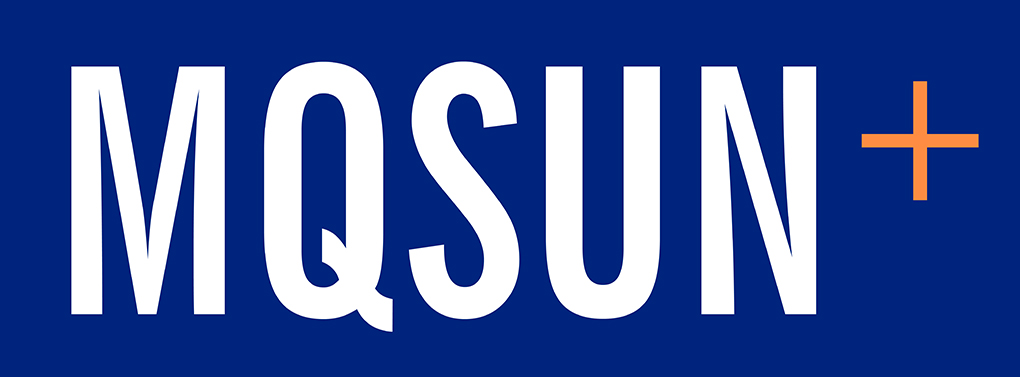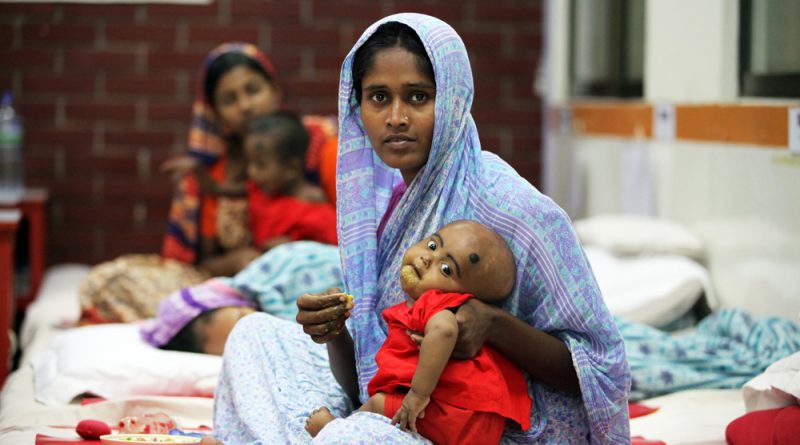The United Kingdom’s Department for International Development’s (DFID) Programme to Accelerate Improved Nutrition for the Extreme Poor in Bangladesh aims to improve nutrition outcomes for children, mothers and adolescent girls by integrating the delivery of a number of nutrition-specific (or direct) interventions with the livelihood support provided to extremely poor people by three existing programmes in Bangladesh. These three programmes are the Chars Livelihoods Programme (CLP), the Economic Empowerment of the Poorest Programme (EEP) and the Urban Partnership for Poverty Reduction Programme (UPPR).
DFID has commissioned an evaluation of the programmes’ impact utilising a mixed methods approach. The purpose of this inception report is to map progress, and in particular, to convey details of the agreed design, objectives, expected outputs and governance of the evaluation.
The current objectives of the evaluation are:
- To assess the impact of the combination of direct (specific) and indirect (livelihoods) nutrition interventions in three different DFID programmes on the nutritional status of children under two, and to compare this with the impact of the existing livelihoods interventions;
- To explain this impact, drawing on wider qualitative and quantitative evidence describing programme specific and wider societal/contextual processes with the potential to impact programme outcomes; and
- To assess the cost-effectiveness (value for money analysis) of integrating direct and indirect interventions in the three livelihood programmes and to specify the best delivery model for doing so.


